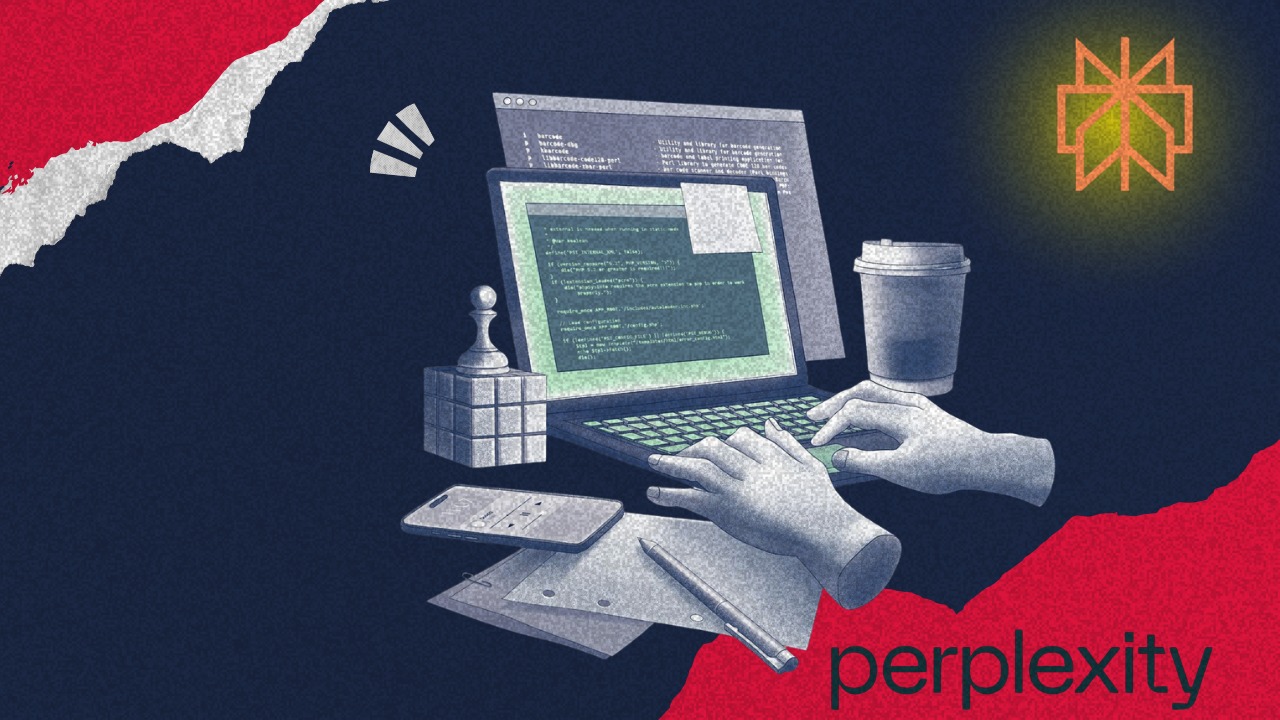
Welcome, Humans!
Ready for your daily dose of AI chaos? I’ve rounded up Today’s Top AI Headlines for those who like to stay ahead – and for the curious, I’ve got some eyebrow-raising stories Beyond the Headlines. Let’s dive in.
In a Nutshell:
OpenAI debuts gpt-realtime for smooth, spoken AI
Microsoft’s new MAI models aim for independence
Grok Code Fast 1 slashes coding costs
Taco Bell’s drive-thru bot gets dunked on
Japan’s robot dolls comfort lonely seniors
🚀Today’s Top AI Headlines:

OpenAI Launches gpt-realtime Voice Model: OpenAI has launched gpt-realtime, a breakthrough speech-to-speech model designed to deliver fluid, natural conversations. Unlike older pipelines that required multiple models for transcription, reasoning, and synthesis, gpt-realtime processes audio directly through a single neural network. This enables it to detect nonverbal cues such as pauses and tone, and even switch between languages seamlessly mid-sentence, something previous models struggled with. The new API expands capabilities beyond speech, supporting image inputs, MCP tool integrations, and SIP phone calling, making it versatile for a wide range of enterprise and consumer use cases. Developers can build real-time translation services, AI-powered call centers, or immersive learning platforms that feel far more conversational and responsive. By consolidating modalities, gpt-realtime lowers latency and delivers a more coherent voice interaction. Industry observers believe it sets the foundation for true AI voice agents capable of handling everyday communication tasks. Analysts note its launch positions OpenAI to compete directly with voice-first companies like Speechmatics and ElevenLabs, while giving its partners an edge in deploying advanced assistants across devices and apps.
Source: Open AI🤖 Robi: “Finally, a chatbot that understands awkward pauses as deeply as I do.”
Microsoft Unveils MAI-Voice-1 and MAI-1-preview: Microsoft has debuted its first fully in-house AI models, signaling a shift away from sole reliance on OpenAI. The releases include MAI-Voice-1, a speech model capable of generating one minute of natural-sounding speech in just one second, and MAI-1-preview, a text model already showing benchmark performance close to leading large models despite being trained on far fewer GPUs. MAI-Voice-1 is already integrated into Copilot apps, significantly improving responsiveness for voice interactions. Its efficiency makes real-time, natural conversation practical for enterprise workflows, customer service, and productivity apps. Meanwhile, MAI-1-preview is undergoing evaluation on LM Arena, with early reports indicating strong competitiveness against established models like GPT-4 and Claude Sonnet, despite its leaner training process. This dual release underscores Microsoft’s ambition to become more self-reliant in AI development while continuing its partnership with OpenAI. Analysts see it as a strategic hedge, ensuring Microsoft maintains independence while strengthening Azure’s AI portfolio. By building models tuned to its infrastructure and services, Microsoft can also optimize costs while expanding customer-facing AI offerings. The move signals a more diverse and competitive AI landscape where big tech firms no longer depend exclusively on one partner.
Source: Microsoft🤖 Robi: “Guess they got tired of borrowing GPT and decided to build their own playbook.”
xAI Debuts Grok Code Fast 1 for Affordable, Speedy Coding: Elon Musk’s xAI has unveiled Grok Code Fast 1, a lightweight coding model built for speed, affordability, and accessibility. Optimized for popular programming languages like Python, Java, and C++, the model processes up to 160 tokens per second, enabling rapid code generation and debugging.
What makes Grok Code Fast 1 stand out is its aggressive pricing: just $0.20 per million input tokens and $1.50 per million output tokens, making it one of the most cost-effective solutions in the agentic coding space. Analysts say this disruptive pricing is aimed at smaller startups, independent developers, and educational institutions that find larger models prohibitively expensive. The model supports a range of developer tasks including code refactoring, error detection, and small-scale project builds. While not as comprehensive as multi-agent coding platforms like GitHub Copilot Enterprise, its speed-to-cost ratio could appeal to developers who need quick results without incurring high infrastructure costs. By releasing Grok Code Fast 1, xAI signals its intent to compete not only with Microsoft and Anthropic in enterprise-scale coding but also to carve out a niche in fast, lightweight development tools that democratize access to AI-powered programming assistance.
Source: xAI
🤖 Robi: “Finally, a coding model priced for ramen-budget engineers. Respect.”
🔍Beyond the Headlines:
Taco Bell’s AI Drive-Thru Gets Trolled: Taco Bell’s experiment with AI-powered drive-thru ordering has faced ridicule after customers shared clips of bizarre mistakes. The AI misinterpreted simple orders, sometimes adding absurd requests like “18,000 cups of water” or unusual menu combinations such as “ice cream with bacon.” The viral incidents quickly spread across social media, raising concerns about the system’s reliability and practicality. Following widespread complaints, Taco Bell is reportedly reassessing the rollout of its AI assistants and exploring ways to fine-tune accuracy. Analysts say the episode highlights both the potential and pitfalls of replacing human order-takers with conversational AI in fast food.
Source: The Verge🤖 Robi: “If your taco AI orders water by the truckload, it might be sentient—or just thirsty.’’
AI Robot Dolls Support Japan’s Elderly: In Japan, AI-powered robot dolls are being trialed as companions for the elderly, aiming to provide comfort, conversation, and a sense of emotional support. These dolls feature cute, approachable designs combined with conversational personalities that can engage seniors in casual talk, respond to simple requests, and reduce feelings of isolation. With Japan’s rapidly aging population, the government and care facilities are turning to technology to ease caregiver shortages. While critics raise ethical concerns about replacing human interaction, early trials suggest the dolls may improve well-being and provide therapeutic benefits. They represent a blend of social robotics and eldercare innovation.
Source: Rest Of World🤖 Robi: “They replaced grandkids with firmware updates. Somewhere, a millennial sighs with relief.”
🤖Prompt of the Day:
Customer Data Strategy Framework
Prompt: You are a data strategist specializing in customer intelligence. Your task is to create a customer data strategy for a [business type or niche] selling [product or service] to [target audience].
Your framework should include: (1) customer data collection and governance policies, (2) segmentation and profiling methodologies, (3) predictive analytics for behavior forecasting, (4) personalization and recommendation systems, (5) privacy and compliance safeguards, and (6) KPIs such as data accuracy, personalization-driven conversion rates, and customer lifetime value.
🤖AI Tools You Didn’t Know You Needed:
Problem: Managing business workflows, repetitive tasks, and approvals manually is time-consuming and prone to errors.
AI Solution: AI-powered workflow automation tools streamline processes, reduce human error, and increase operational efficiency across teams.
AI Tool: WisprFlow.ai is an AI-driven platform that automates workflows, task assignments, and approvals, allowing businesses to optimize operations and save time.
Helpful Features
Workflow Automation: Automate repetitive tasks and approvals.
Integration: Connect with multiple apps and platforms.
Real-Time Tracking: Monitor workflow progress instantly.
Efficiency Boost: Reduce manual effort and errors.

⚡ Robi’s Hot Take on X






